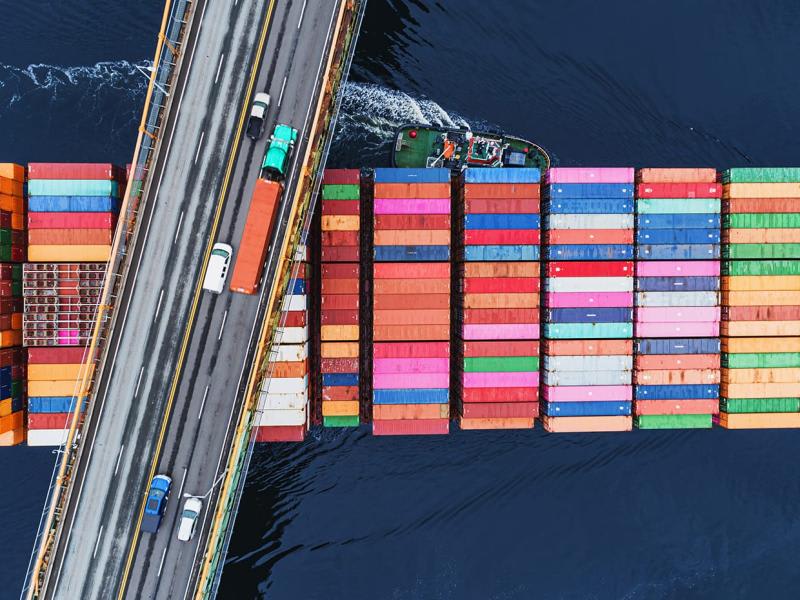Jean Stephens, Global CEO, RSM

Referring to NAFTA as the “worst trade deal” in US history, President Trump is determined to strike a new deal with Canada and Mexico. His administration recently set out its goals for the renegotiation of the $5.4 trillion trading block, the second largest in the world. In the fifth round of talks between the nations, Canada and Mexico are resisting US demands and everyone is increasingly frustrated at the lack of progress. The nations have agreed, however, to continue talking through March next year.
At the same time the President is seeking to change the USA’s relationship with NAFTA, the UK is seeking to exit the largest trading bloc in the world, the European Union. Many understandably question if globalisation might have had its day. The threat of renegotiated trade deals brings a risk of increased tariffs on exports and stricter regulations. This, in turn could result in divides between those that can adapt and respond to regulatory changes and those that can’t – those who have the resources and scale and those that don’t. According to the US Middle Market Center’s research, the most internationalised middle market exporters and importers tend to be the fastest-growing companies. This requires careful and strategic planning to counteract the many challenges they face - high cost of transport, economic uncertainty in potential markets and language and cultural nuances.
At the same time that long established trade agreements are evolving and even collapsing, there are also new opportunities. China is starting to emerge as a greater promoter of globalisation, challenging American domination. This strategy can be seen with the One Belt One Road initiative, a $900bn deal to fund infrastructure projects in 65 countries in Asia, the Middle East and Eastern Europe. China’s President Xi Jinping seeks to forge new global relationships and create deeper economic connections, refashioning China’s role in the global economy. This could see new markets for Chinese products and opportunities for companies to develop within the orbit of the Chinese supply chain. I was interested to see that on the first day of the Davos conference in January, Xi Jinping declared: “We should not retreat into the harbour whenever we encounter a storm or we will never reach the opposite shore”. With this in mind, China’s government has made recent official state visits to Russia, USA, Germany, Cambodia and Chile as they seek to expand trade relations. Such a shift in global power will have a significant impact on the middle market. As long standing trade deals are called into question and new markets emerge, both challenges and opportunities arise.
Nevertheless, renegotiation and modernisation of existing trade deals could also lead to further opportunities for agile middle market businesses. Modernisation is necessary; new areas of trade such as digital services didn’t exist at the time of the original formulation of agreements such as NAFTA. The middle market, with many of its strengths lying in the digital world, will only benefit from such modernisation. Research conducted by the National Center for the Middle Market shows that mid-size firms in the US are not maximising their exporting potential, yet they are pillars of the global economy, accounting for a significant share of job creation. It is critical that renegotiations carve out spaces for the middle market at the centre, with special exemptions. There is a strong history of this. When NAFTA and the WTO agreements were laid down the US created, in their bilateral trade treaties, special exemptions for middle market firms. I see no reason why this should not continue into the future as it serves the global economy well.
Ultimately we must come to recognise that the nature of globalisation is constantly in flux and the US is not guaranteed to remain the chief promoter of global trade. It is increasingly likely that China will emerge as an even larger actor and the middle market must be sensitive to this.
Despite these events, my own view from speaking to member firms in the global RSM network is firmly anchored in the belief that middle market businesses will not stop in their ambitions to become strong cross border businesses. After all is said and done, trade will remain the lifeblood of commerce.
For more insight on the impact on of the renegotiation of NAFTA, read David Bartlett’s full article ‘The Renegotiation of NAFTA’.








